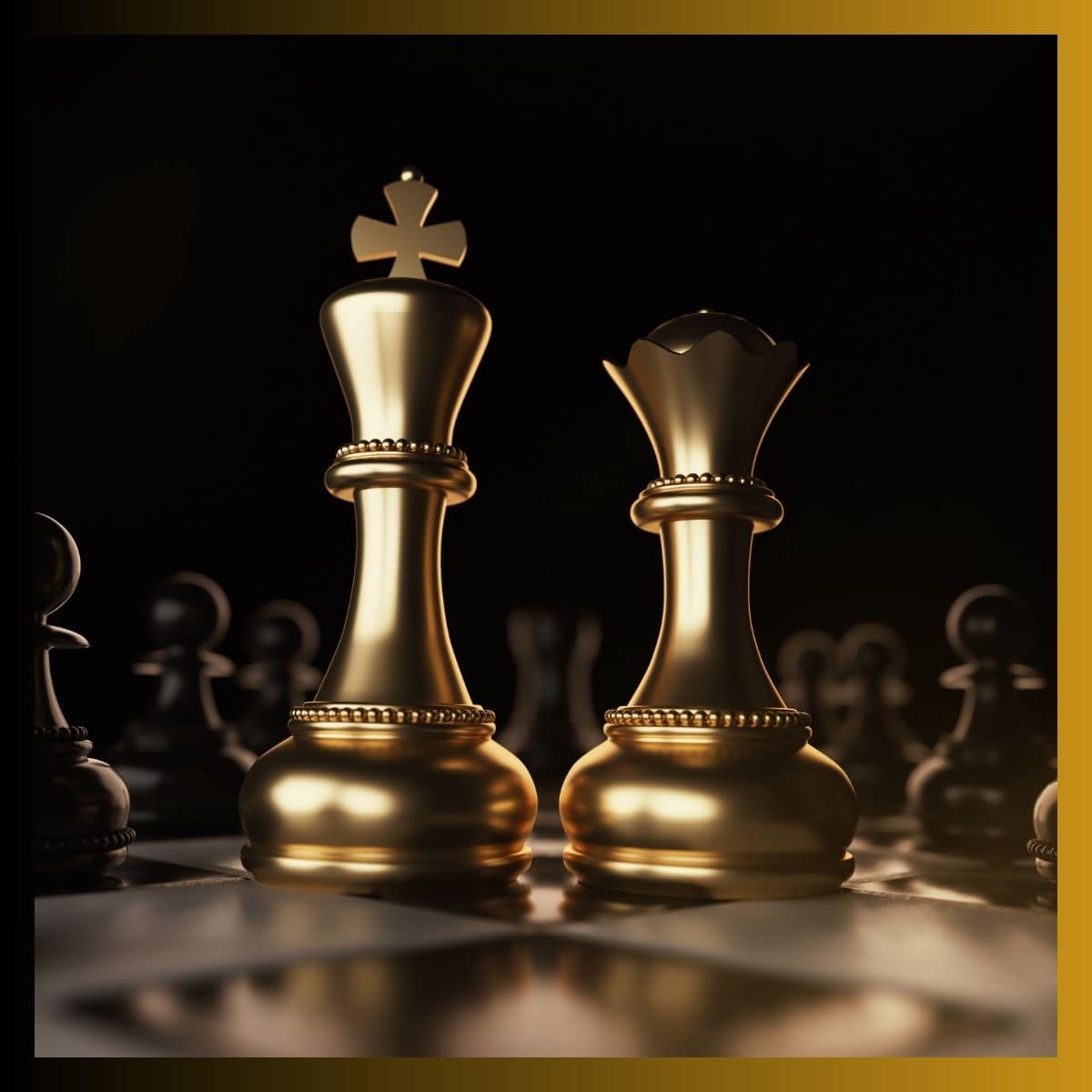“Black Panther: Wakanda Forever” is a movie about conquering your grief, the temptation of vengeance and the geopolitical landscape. But most of all, it is saying goodbye to the original Black Panther.
When Chadwick Boseman died in 2020, the world was left to mourn the loss and silently wonder what was to become of the Black Panther franchise without its king.
The sequel movie aims to answer that question.
The opening dedicates itself to passing on the character of T’Challa, who, without the heart-shaped herb destroyed by Killmonger in the previous installment, is succumbing to an unknown illness. But it also focuses on the main character of this movie, Shuri.
She is desperate in this scene, frantically trying to come up with a solution to save her brother and failing with each calculation. The scene ends with Queen Ramonda tearfully telling her daughter that T’Challa is gone.
This immediately leads into the classic opening banner, but this time, instead of the usual theme or inspiring song to get you pumped up for the rest of the movie, it is quiet.
The moment of silence is tethered with scenes of Chadwick Boseman as T’Challa instead of the slew of other heroes that are usually accompanied. It is a sign that the movie is a tribute and love letter to the beloved actor.
Director and co-writer Ryan Coogler has woven the death of Boseman and the character T’Challa into the fabric of his movie. It is the basis of character motivations and plot beats.
Our characters, almost all of them women, are left to fill the void and stand in the shadow of T’Challa’s legacy, making it impossible to watch the movie without feeling the absence of Boseman.
Emotionality is also at the forefront of the movie, showing how characters deal with their grief in various ways. This is something that Shuri struggles with for the entirety of her arc. The titular main character, she can’t make sense of why her ancestors would bless her with this great gift of knowledge, but not allow her to save her brother. If this spiritual world and gods that her people believe in are real, how could they allow this? It further cements Shuri’s belief in technology over spirituality.
This is a very real thing that people struggle with, especially in times of grief.
It is played very well as Shuri dives into her science, creating new suits, new weapons and vehemently shooting down any of her mother’s spiritual outlooks that “death is not the end” and rituals that ask her to let go of her grief and move on from it.
Angela Bassett gives a standout performance as Queen Ramonda in this installment. She played a majority side role in the first movie, but steps into the spotlight for this one. Giving powerful speeches and spiritual outlooks.
Speaking of spirituality, the main antagonist, Namor, played by Tenoch Huerta, comes from the underwater realm of Talokan and is basically a god, as his backstory explains. Seeing this character on screen was especially meaningful to those of Indigenous Mexican heritage. Michelle Rundquist, born in Yucatan, Mexico, had this to say of the film’s portrayal of her culture:
“Black Panther: Wakanda Forever was the sequel I excitedly anticipated watching. Ever since I walked out of the theater after watching the first movie, it sparked a flame in my heart. If Marvel could do justice to and give great weight and power to a black and African superhero, as well as depict the black and African American experience in an authentic way, maybe they could do it for other minoritized communities. Maybe they could do it for the Latino community.
Seeing Tenoch Huerta come out of the water, knowing an Indigenous Mexican (just like me) had officially entered the Marvel Universe was almost too much for my fanatic heart to bear.
Not only is the character Latino but Coogler and the producers invested time and money to infuse accurate pieces of Yucatec Mayan Culture into the fictional people of Talokan, and its protectors. When Huerta’s Namor tells Queen Ramonda and Princess Shuri that his people call him Kukulkan, I nearly fell out of my chair.
Since I am from Yucatan, Mexico and have Mayan ancestry myself, I knew Kukulkan’s significance to Mayan culture. Kukulkan ‘the plumed serpent’ is a highly revered Mayan deity so, not only was Namor a superhero, but he was regarded as a god. For me, this mantle of power is a significant and meaningful change to how Mexicans and Latinos have been depicted in American films in the past. Huerta’s depiction of Nahmoor showed that if you are brown, if you are indigenous, if you are Latino, you are powerful and you are valuable. Finally, I felt represented.”
The movie ends with the words “Dedicated to our friend Chadwick Boseman” fading into the screen and the credits roll.
This installment in the franchise is just as good as the original, but also allows itself to branch out from it. While the first Black Panther included a lot more lightheartedness and comic-book heroics, Wakanda Forever tones it down, taking itself more seriously and adding more gravity to its storyline.
You feel the absence of Chadwick Boseman, but it was intended. As stated at the beginning, this movie serves not only as a continuation, but a goodbye as well. It is a perfect end to phase four of the marvel movies and gives you hope for the series going forward.












